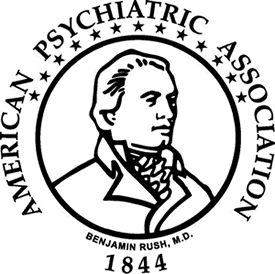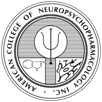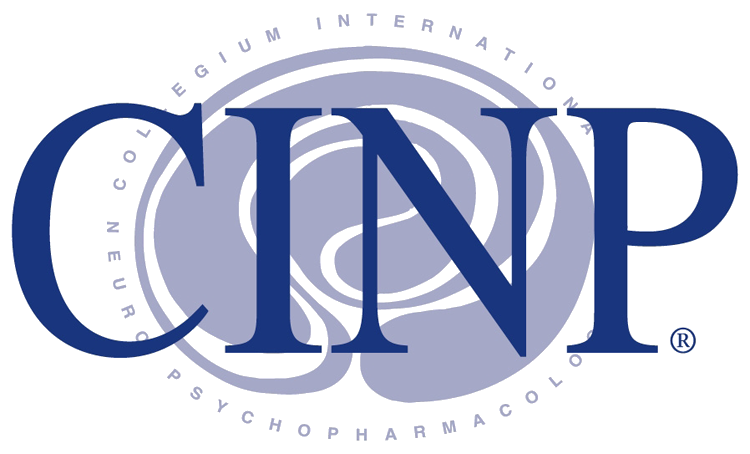Personality Disorders
 A personality disorder is a type of mental illness that often results in long-term rigid and unhealthy patterns of thought and behavior. Someone with a personality disorder has difficulty interpreting and relating to situations and people. This may cause significant problems and limitations in relationships, social activities, work and everyday life. The major disorders – antisocial personality disorder, avoidant personality disorder, and borderline personality disorder – are prevalent in an estimated 9.1% of the U.S. population.
A personality disorder is a type of mental illness that often results in long-term rigid and unhealthy patterns of thought and behavior. Someone with a personality disorder has difficulty interpreting and relating to situations and people. This may cause significant problems and limitations in relationships, social activities, work and everyday life. The major disorders – antisocial personality disorder, avoidant personality disorder, and borderline personality disorder – are prevalent in an estimated 9.1% of the U.S. population.
Individuals usually begin developing a personality disorder during adolescents or early adulthood. Some types may become less evident throughout middle age. Although treatment can vary depending on the severity of the personality disorder, it is highly recommended that someone experiencing related symptoms seek professional help from a qualified professional. Dr. Ronald Fieve, a highly experienced psychiatrist and psychopharmacologist in NYC, has helped numerous people who suffer from personality disorders live a more balanced life.
Types of Personality Disorders and General Symptoms
People with personality disorders generally experience these four main symptoms: distorted thinking patterns, problematic emotional responses, over or under-regulated impulse control and interpersonal challenges. Personality disorders are grouped into three clusters based on similar characteristics and symptoms. It is not necessary for an individual to show all the signs and symptoms of a specific disorder in order to be diagnosed. People with one personality disorder, however, often have signs and symptoms of at least one additional personality disorder, most often from the same cluster of disorders.
Cluster A
Cluster A personality disorders are marked by odd, eccentric thinking or behavior. They include:
- Paranoid personality disorder
- Schizoid personality disorder
- Schizotypal personality disorder
Cluster B
Cluster B personality disorders are characterized by dramatic, overly emotional or unpredictable thinking or behavior. They include:
- Antisocial personality disorder
- Borderline personality disorder
- Histrionic personality disorder
- Narcissistic personality disorder
Cluster C
Anxious, fearful thinking or behavior characterizes cluster C personality disorders. They include:
- Avoidant personality disorder
- Dependent personality disorder
- Obsessive-compulsive personality disorder
Causes and Risk Factors of Personality Disorders
While there is no specific known cause of personality disorders, experts believe that they are caused by a combination of genetic and environmental factors. While certain personality traits inherited through genes may cause someone to be susceptible to having a personality disorder, an environmental situation may trigger the actual development of the disorder. Some risk factors that may increase the likelihood of a personality disorder in an individual:
- A family history of personality disorders and/or other types of mental illness.
- Variation in brain chemistry and structure.
- A disruptive or abusive childhood.
- Previous diagnosis of a child conduct disorder.
Treatment for Personality Disorders in New York
A personality disorder can affect every aspect of a person’s life and the lives of the people around them. Without proper diagnosis and treatment, a personality disorder can cause difficulties with personal and professional relationships, even leading to social isolation or alcohol or drug abuse. A proper diagnosis is key in finding the correct course of treatment. Dr. Fieve is an expert in the field of psychiatry and is committed to help his patients find the correct treatment so they can lead a healthier, more balanced life.
















